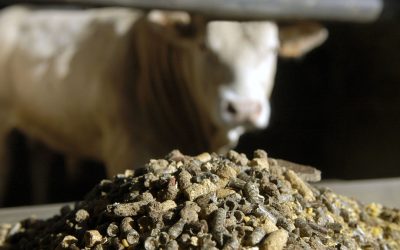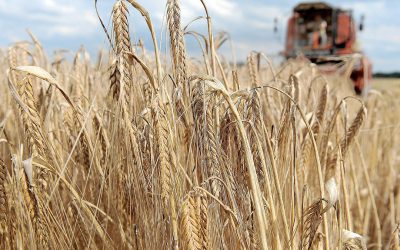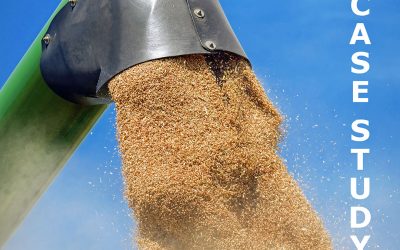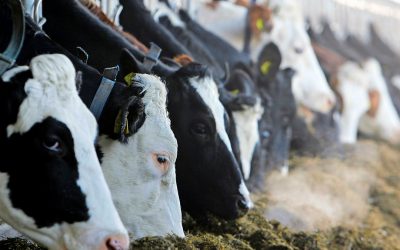Focus on sustainable agriculture
My previous blog “Going organic is a dead-end street” received a lot of comments, mostly telling me that I didn’t know what I was talking about. However, the FAO backs my conclusion.
My previous blog "Going organic is a dead-end street" received a lot of comments, mostly telling me that I didn’t know what I was talking about. However, the FAO backs my conclusion.
In a statement it said: "FAO has no reason to believe that organic agriculture can substitute for conventional farming systems in ensuring the world’s food security." Or as its director-general Jaques Diouf puts it: "You cannot feed 6 billion people today and 9 billion in 2050 without judicious use of chemical fertilisers."
Should we continue on the same path as we did the last decades? Answering that question I would say, no. In April a 2,500 page report was presented in South Africa called International Assessment of Agricultural Science and Technology for Development [IAASTD] which advocates a new way of farming using modern technology without losing sight of improvements in small scale farming.
The report – the first significant attempt to involve governments, NGOs and industries from rich and poor countries – took 400 scientists four years to complete. The present system of food production and the way food is traded around the world has led to a highly unequal distribution of benefits and serious adverse ecological effects and was now contributing to climate change.
GM not the solution
The authors said GM technology was not a quick fix to feed the world’s poor and argued that growing biofuel crops for car threatened to increase worldwide malnutrition. This was also a reason for the US, UK, Australia and Canada not yet to endorse the report.
The use of GM crops, where the technology is not contained, is contentious, the UN says. The authors say science and technology should be targeted towards raising yields but also protecting soils, water and forests.
The scientists said they saw little role for GM, as it is currently practised, in feeding the poor on a large scale. "Assessment of the technology lags behind its development, information is anecdotal and contradictory, and uncertainty about possible benefits and damage is unavoidable," said the report. Data on some crops indicate highly variable yield gains in some places and declines in others. The GM industry, despite being a sponsor of the report, disagrees and abandoned talks last year on this subject.
Biofuel not sustainable
The report says biofuels compete for land and water with food crops and are inefficient. They can cause deforestation and damage soils and water. The authors also warned that the global rush to biofuels was not sustainable. "The diversion of crops to fuel can raise food prices and reduce our ability to alleviate hunger. The negative social effects risk being exacerbated in cases where small-scale farmers are marginalised or displaced form their land," they said.
Of course international environment and consumer groups, including Third World Network, Practical Action, Greenpeace and Friends of the Earth, found confirmation in the report in being on the right track with their opinions stating: "This is a sobering account of the failure of industrial farming. Small-scale farmers and ecological methods provide the way forward to avert the current food crisis and meet the needs of communities."
Short-sighted
This conclusion is in my view far too short-sighted. Industrialised countries cannot go back to small-scale farming, however, exploiting farming in developing countries needs to be put to a halt. Subsidies distort the use of resources and benefit industrialised nations at the expense of developing countries. I think both industrial farming and small-scale farming can survive next to each other, but then developing countries must exercise their right to stop the flood of cheap subsidised products to protect their own farming sector.
On the other hand industrialised countries need to stop sucking out resources in developing countries and be creative in growing alternatives.
This will better develop agriculture that is less dependent on fossil fuels, favours the use of locally available resources and explores the use of natural processes such as crop rotation and use of (organic) fertilisers.











